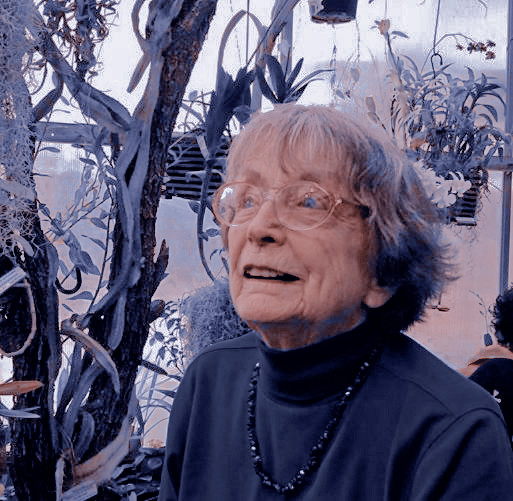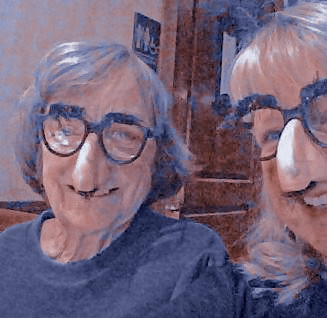 Dying has a way of transforming living, sometimes in powerful ways. I usually consider dying with dementia a double whammy – first the existential death of the person you once knew, and finally the physical death. Letting go and accepting a new normal is not easy. Embracing those changes is even harder.
Dying has a way of transforming living, sometimes in powerful ways. I usually consider dying with dementia a double whammy – first the existential death of the person you once knew, and finally the physical death. Letting go and accepting a new normal is not easy. Embracing those changes is even harder.
I expected my mother to die three years ago.
After her husband’s death, we moved her to an adult care home in our city. As a result, she lost her home, her friends, her routines and her identity as a rancher’s wife. Due to her progressive decline from Alzheimer’s disease, she was admitted into a hospice home care program.
My mother was always the first to declare, “If I ever get Alzheimer’s, just take me out and shoot me!” The fear of dementia — of losing control and losing herself — was terrifying for someone who kept a highly structured routine. The difficult changes she was now experiencing were shattering her coveted illusion of control. I fully expected my mother to continue to decline and let go of the increasingly dependent life she didn’t want.
Then, unexpectedly, she improved.
She got stronger, more engaged in her new life, and hospice was discontinued.
I watched her let go and awaken to a new life: A life without the rigid rules she had previously self-imposed; a life that now allowed her to enjoy dessert without worrying about her weight (resulting in the reversal of her 30-pound weight loss). As she began to accept her dementia, she learned to be silly rather than worrying about how she would be perceived by others.

No longer obsessed with impressing others by wearing the right clothes and best jewelry, she now revels in the joy of putting on cheap plastic daisy earrings because, in her heart, she has always been a wildflower girl.
No longer worrying about cleaning her house or preparing meals for her husband, she now sits for hours, watching birds just outside her window or getting lost in her favorite western oldies on TV.
Her tendency to judge and worry has been replaced with accepting and even embracing what is, appreciating even the smallest gestures and making giggling sounds whenever chocolate is in sight. When the caregivers would tell me how sweet she is, I would quickly retort, “This is not the mother I grew up with!”
Do I still need to hold onto that past when she has transformed her present? Can I also embrace a new life and a “new” mother? By allowing my own barriers to fall away, I created space for increasing compassion, forgiveness, and appreciation that I had not expected to feel. By transforming and finding her new life, she has also transformed my life and our relationship.
 Dementia forever changed and transformed my mother’s experience of life. While this disease results in many losses, there may still be gains to be found as no one is untouched through this shared journey.
Dementia forever changed and transformed my mother’s experience of life. While this disease results in many losses, there may still be gains to be found as no one is untouched through this shared journey.
In letting go of her old ways, no longer encumbered by external forces or the need to please, perhaps she finally found her authentic self.
And in letting go of my old perceptions, I finally found her.
About Tani
Tani Bahti, RN, CT, CHPN, offers practical guidance to demystify the dying process. A RN since 1976, Tani has been working to empower families and healthcare professionals to enable the best end-of-life experience possible through education and the development of helpful tools and resources. The current owner of Pathways, Tani is also the author of “Dying to Know, Straight Talk About Death and Dying,” a book that SevenPonds considers one of the most helpful books on the subject available today. Founder Suzette Sherman says, “This is the book I will have at the bedside of my dying parents some day, hopefully, a very long time from now.”

 Transforming Living While Dying with Dementia
Transforming Living While Dying with Dementia



 Debating Medical Aid in Dying
Debating Medical Aid in Dying
 “Help Me, Helen”
“Help Me, Helen”














